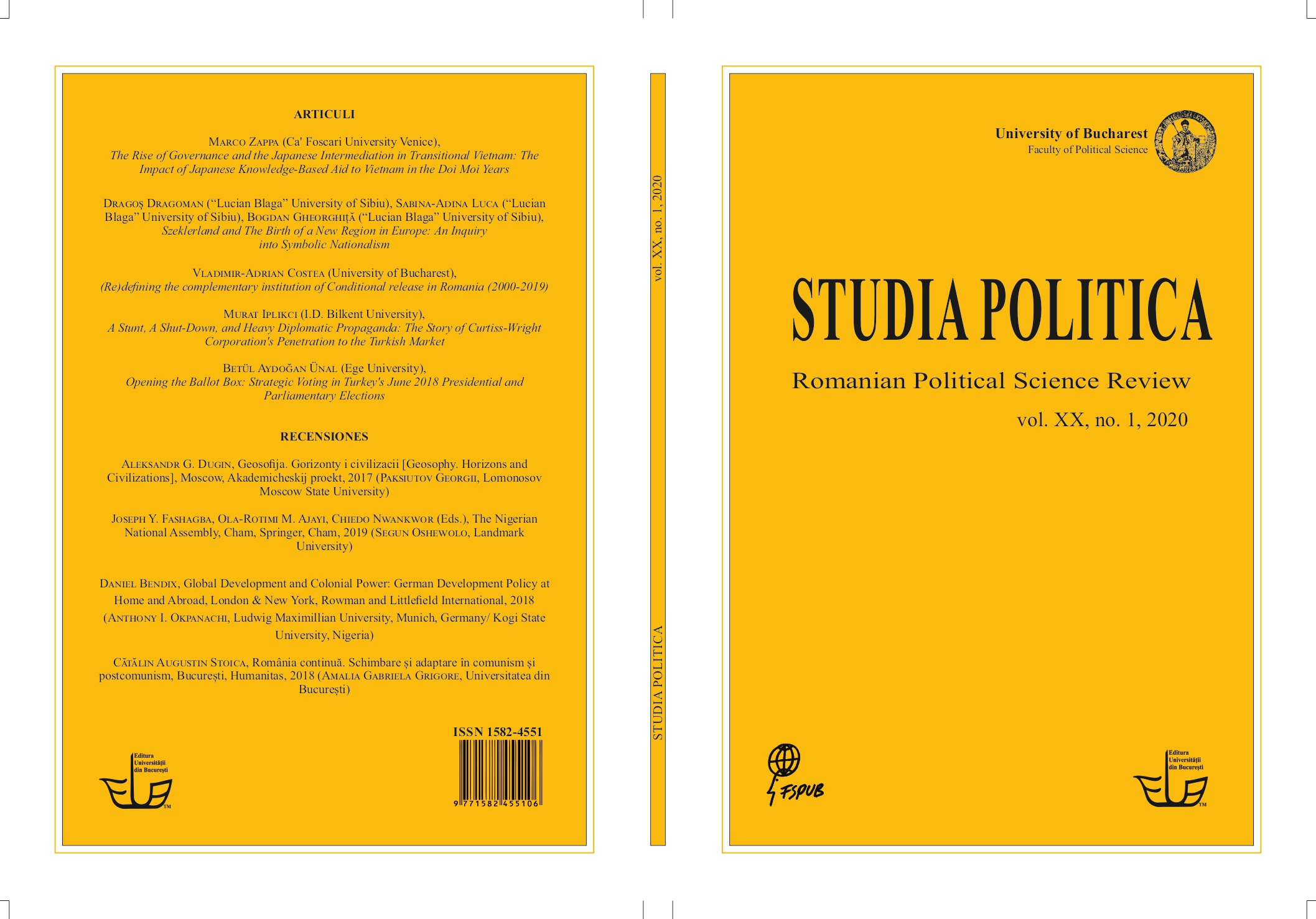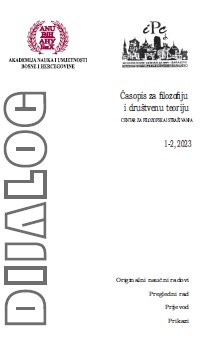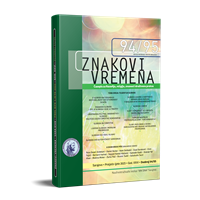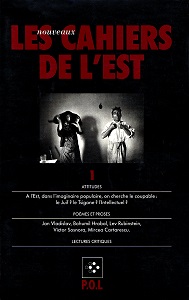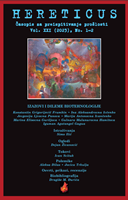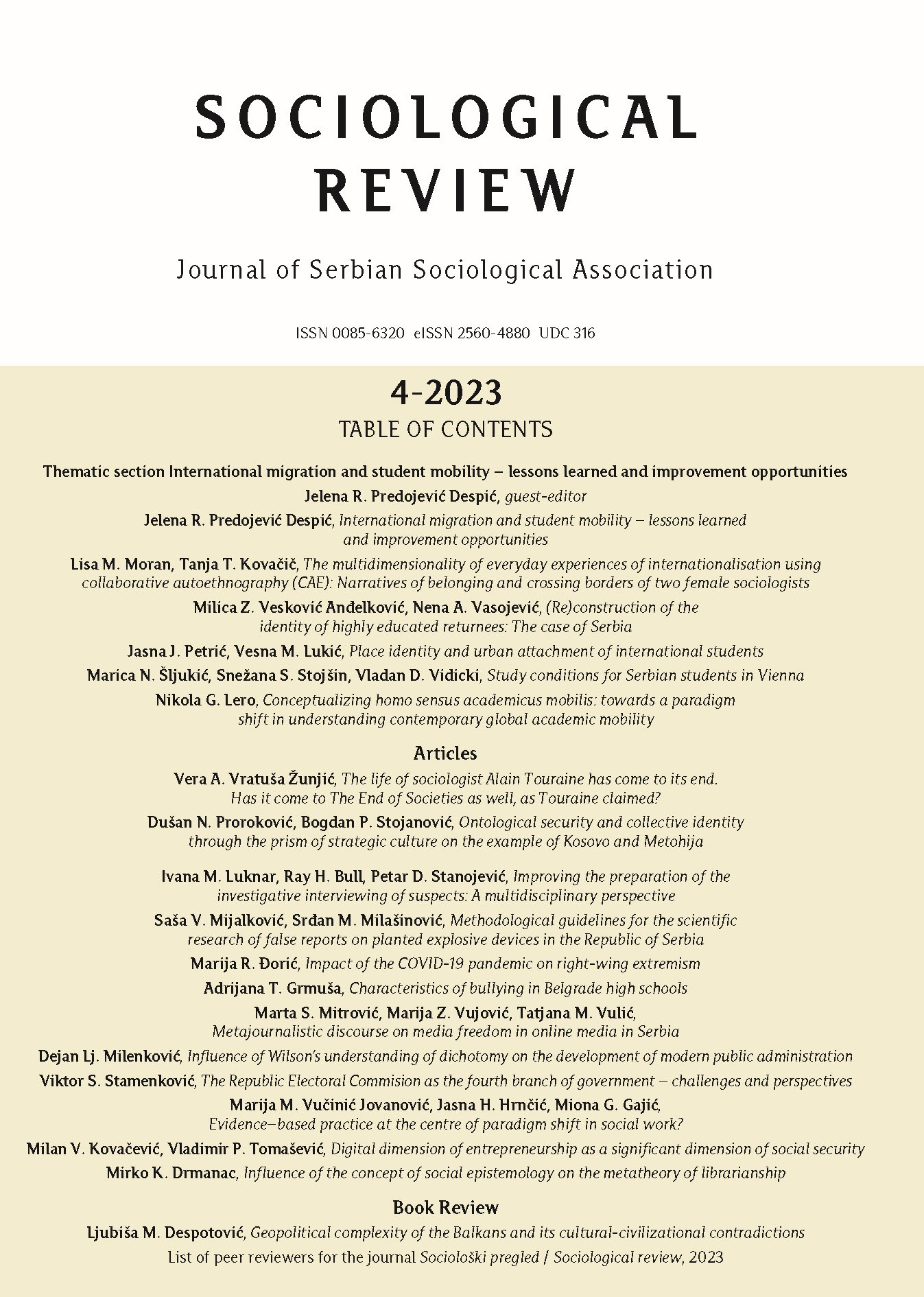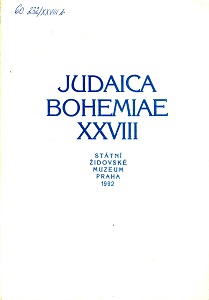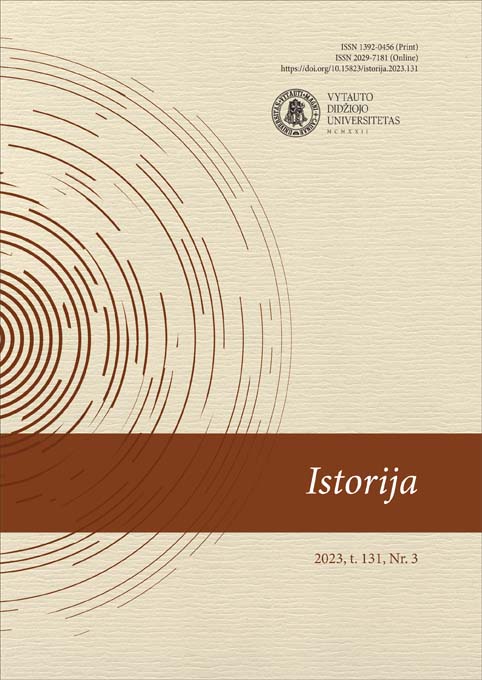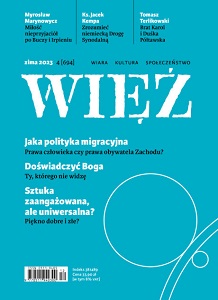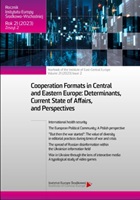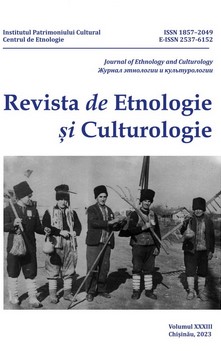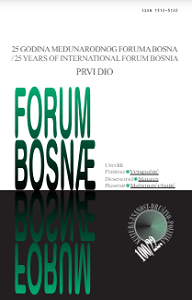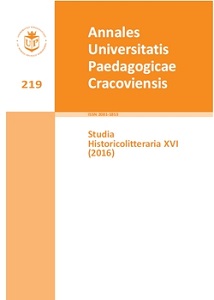The Socialist Artistic Identity and the Bilateral Agreements in the Balkans (1945-1949)
After the Second World War, a new regional identity was configured through collaboration agreements not only between the USSR and each of the Eastern Bloc countries but, at the same time, through less hierarchical relationships between the newly installed communist regimes. These relationships also entailed cultural conventions, which stipulated joint events and exhibitions or documentary trips for artists. This article focuses on the artistic exchanges between Romania, Bulgaria and Yugoslavia in the early years of the postwar era giving special attention to the art institutions that were assigned to operate them. Such international relationships are revealing for the local negotiations concerning the relation between artists and the state, but also for the political prospects in the Balkans. Moreover, the early artistic exchanges set out a series of practices that were maintained throughout the entire socialist period and therefore contributed to charting a common artistic identity. Although the Soviet cultural model settled certain borders and modes of action in each country through imported art institutions or policies, the artistic exchanges within the Eastern Bloc had also an independent life, which sometimes even bypassed it. Furthermore, in each country, Socialist Realism was configured at the intersection of Soviet directives, local artistic hierarchies and practices, and bilateral exchanges.
More...
